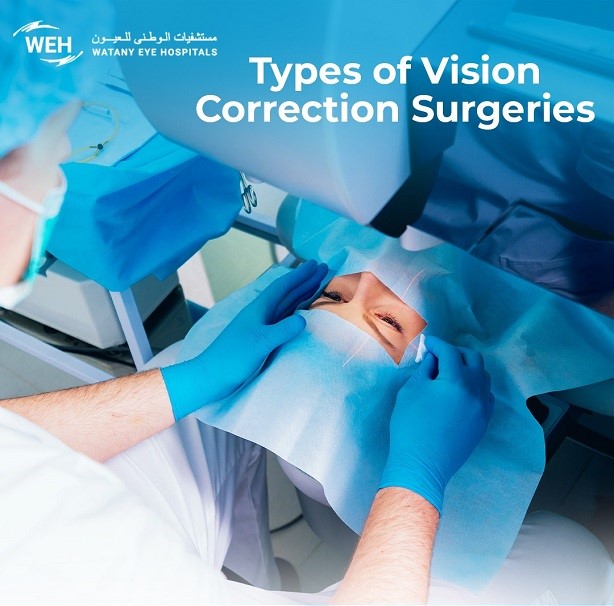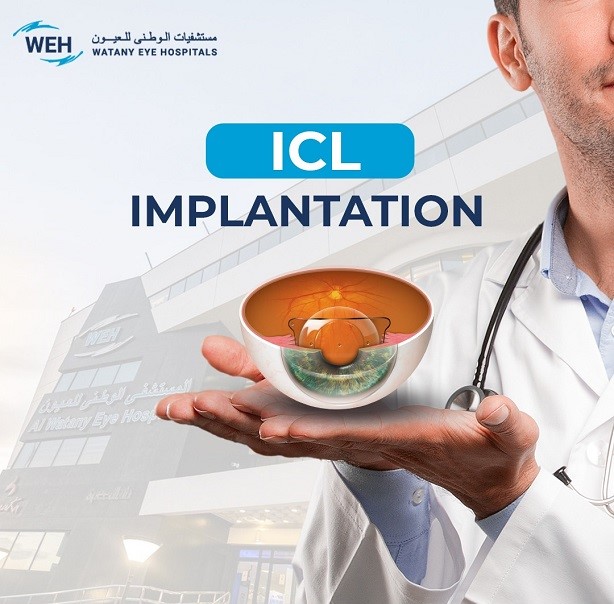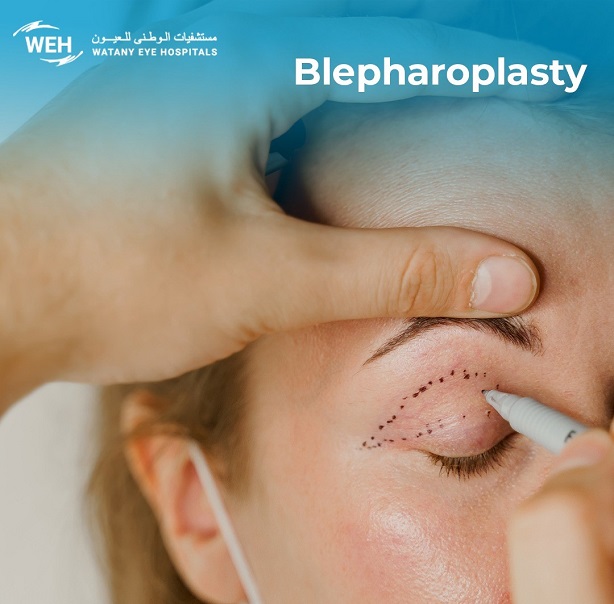
What is Cataract?
Cataract is a condition that causes clouding of the eye's lens, leading to blurred vision. When a cataract forms, the lens becomes cloudy, making it difficult for light to pass through clearly, resulting in visual impairment.
The natural lens of the human eye is typically transparent, focusing light onto the retina to allow clear vision. However, as cataracts develop, the lens becomes cloudy, causing blurred vision and other visual problems.
Imagine looking through a foggy window - this is how a person with cataracts might see the world.
Reasons for Cataract
Cataracts usually occur as a natural part of the aging process. As we age, the proteins in the eye's lens can break down, leading to blurred vision. Other factors that increase the risk of developing cataracts include:
- • Diabetes
• A genetic predisposition to cataracts
• Smoking, which increases the risk of cataracts
• Eye injuries or previous eye surgery
• Long-term use of certain medications
Eye Cataract Symptoms
Cataracts typically develop slowly and can affect one or both eyes. Symptoms may include:
- • Blurred or cloudy vision
• Increased sensitivity to bright lights and glare, such as halos around lights
• Faded colors
• Difficulty seeing at night, especially in low light
The ophthalmologist will make a small incision in the cornea, the clear front layer of the eye. The cloudy lens is then removed and replaced with a new artificial lens. The procedure is relatively painless and takes about 10 minutes. You can go home the same day.
Post-Cataract Surgery Care Instructions
Follow your doctor's instructions after cataract surgery to ensure a smooth recovery. Here are some guidelines to follow:
- • Avoid rubbing your eye.
• Avoid getting water directly into your eye for at least a week after surgery.
• Refrain from applying eye makeup for at least a week to prevent bacteria from entering the eye and causing an infection.
• Avoid dusty, smoky, or windy environments that may irritate the eye.
• Wear sunglasses during the day to protect your eyes from sunlight.
• Get plenty of rest.
• Use eye drops as directed by your doctor in the correct way and dosage.
• Attend follow-up appointments with your doctor to monitor the healing process and ensure there are no complications.
• Consult your doctor if you have any concerns, experience pain, or feel discomfort in your eye.
Frequently Asked Questions about Cataract Surgery
Is there another name for cataract surgery?
Cataract surgery is commonly referred to as phacoemulsification, which is the most frequently performed type of cataract surgery today.
What is traumatic cataract?
A traumatic cataract is characterized by clouding of the eye's lens resulting from an injury or trauma to the eye. This type of cataract can develop due to various factors, including:
- • Car accidents, falls, or other physical injuries that damage the lens.
• Sports injuries or activities that cause eye trauma.
• Foreign objects entering the eye and causing lens damage.
• Previous eye surgeries that may increase the risk of developing traumatic cataracts.
How do I know if I need cataract surgery?
• Frequent changes in eyeglass or contact lens prescriptions due to changing vision
Can cataracts return after surgery?
• Cataracts do not return after surgery since the old cloudy lens is replaced with a new artificial one. However, a condition known as "posterior capsule opacification" (PCO) may occur, causing similar symptoms. This is easily treatable with a YAG laser procedure known as " YAG capsulotomy."
What is the best age for cataract surgery?
• The best age for cataract surgery is generally considered to be when the cataracts are interfering with your daily life. This can vary from person to person, depending on the severity of the cataracts and your individual needs.
How safe is cataract surgery?
• Cataract surgery is generally considered one of the safest surgical procedures performed. It is one of the most common surgical procedures performed worldwide, with a high success rate.
• If you have any concerns about cataract surgery, it's best to discuss it with your doctor. They can provide you with more information and help you make an informed decision.
How long is the recovery time after cataract surgery?
• Recovering from cataract surgery is generally quite short. Most people can return to their normal activities within a relatively short time. In the first few days, you may experience temporary blurred vision or discomfort, which usually clears up in a few days. Generally, you can resume your normal routine within about a week after surgery, but it's essential to follow your doctor's advice, especially regarding activities that require physical effort or involve water near the eyes.
Watany Eye Hospital's Advice
• If you are experiencing symptoms like blurred vision, sensitivity to light, or halos around lights, these could be signs of cataracts. It's essential to consult an ophthalmologist and undergo a comprehensive eye examination to prevent complications. Cataract surgery can help you see your future with complete clarity. Don't delay in restoring your vision to see life more clearly.


